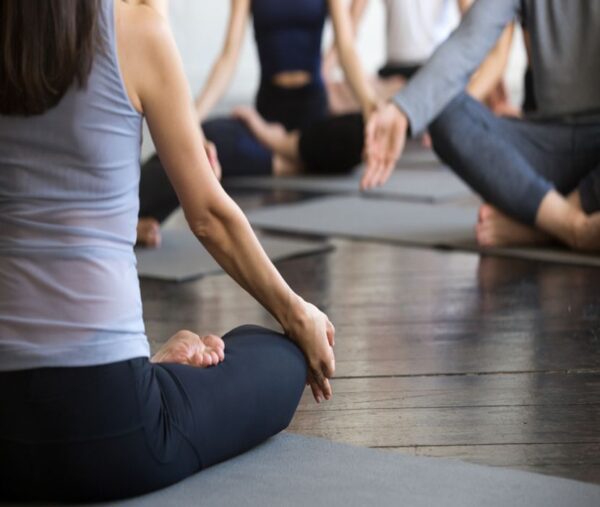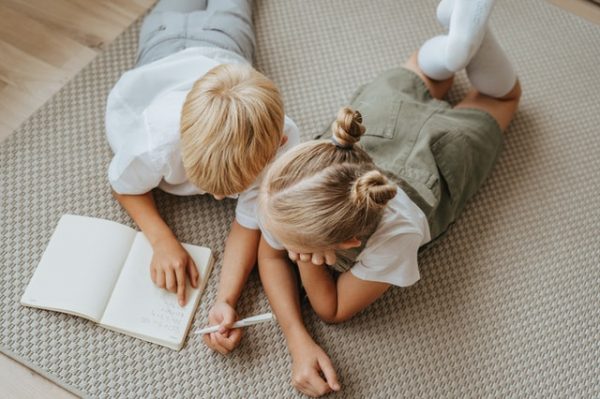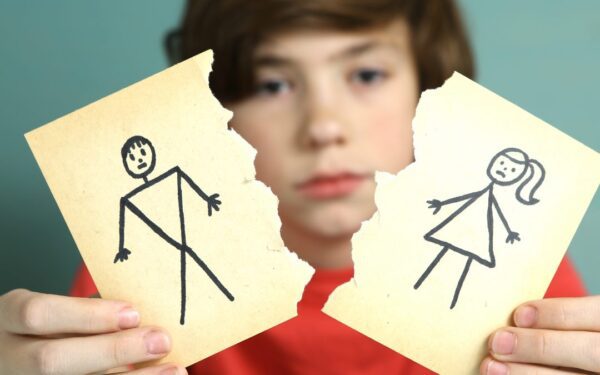So many people have suffered depression, anxiety and other types of mental health problems since the coronavirus pandemic changed the way we live and work. After the pandemic, many people were stuck indoors and not able to get out and work out of the home. When this happened, a lot of business realized that they could cut their operating expenses in more than half by having employees work at home. Businesses realized there was no real benefit to forcing employees to come into the office. Productivity did not go down when employees worked from home but costs did decrease considerably.
Once the CDC opened up the guidelines for businesses to reopen and the social distancing laws became more relaxed, a lot of businesses decided that they would continue to have employees work from home so that they could save money. With everyone stuck at home, there is limited interaction with other human beings. Human touch is a thing of the past, strangers do not even shake hands when they meet any more. This has led a lot of people into depression.
Studies have shown that people need human interaction for good mental health. When people have a lack of contact with other people, they become sad which leads to clinical depression. They can also get anxiety about dealing with other people when their interactions become so limited. One of the things people can do is turn to yoga for mental health to help ease this depression and anxiety. There are many mind body practices that people can practice to help reduce anxiety and ease the symptoms of depression. Yoga is helpful for mental health problems.
When people think about yoga, they often picture movement practices with yoga poses and maybe even sun salutations. While this is a part of yoga, this is not all there is to yoga. You can practice mudras for anxiety also and that can be helpful to ease the nerves that many feel when they are experiencing symptoms of anxiety. Mudras are hand gestures that are ancient and have been proven to help with specific ailments or intentions. Mudras for anxiety are very helpful when practiced 3-5 times a day for at least 5 minutes.
Yoga’s sister science, ayurveda, is the ancient medical system of India. There are many types of ayurveda for anxiety that people like to practice. Ayurveda can include nutrition and lifestyle habits that people can incorporate into their routines to help reduce anxiety or depression. Believe it or not, what you eat, when you eat and how you prepare your food can all contribute to your mental health.
Ayurveda, yoga, mudras, mantras and even breath work practices can all be helpful for your mental health. When you find that you have had limited contact with others and you are feeling isolated, you can turn to these mind body practices to reduce the symptoms that you are experiencing with your mental health. Even taking a few minutes to meditate can help you to overcome these mental health symptoms. Don’t forget to set an intention before you engage in your mind body practices.




